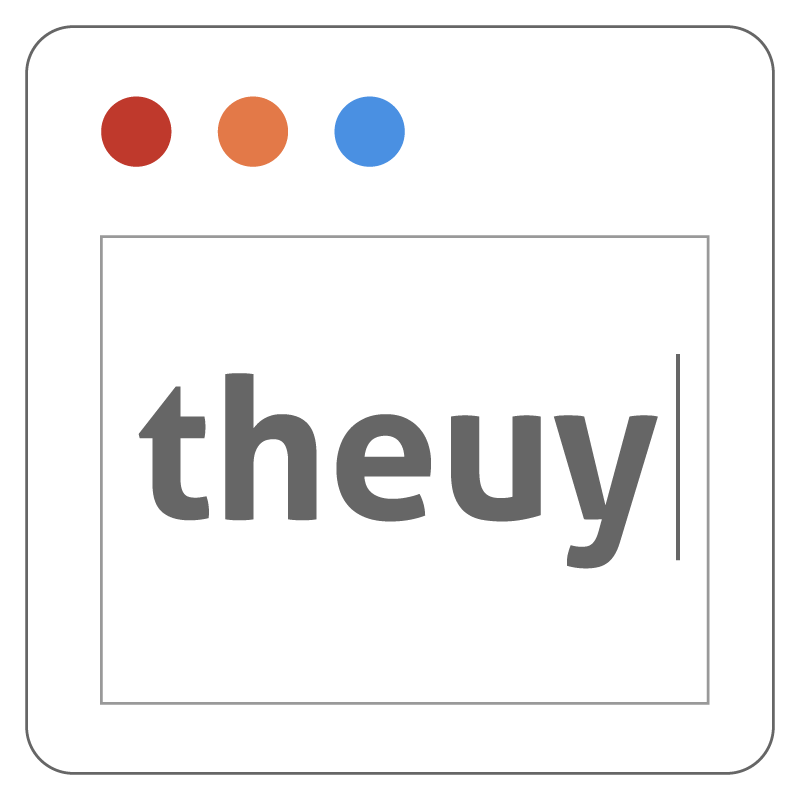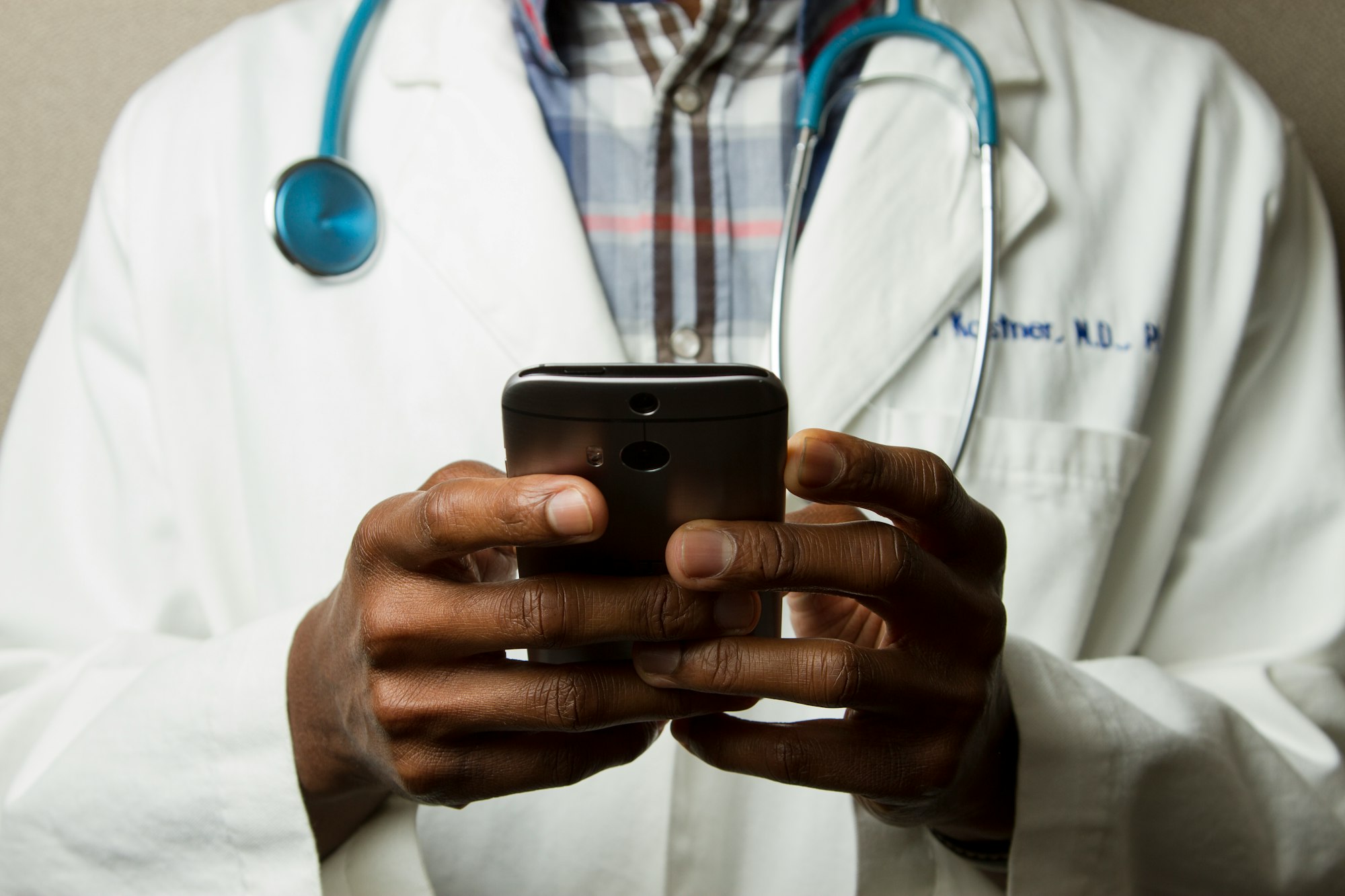The healthcare industry is constantly evolving, and technological advancements are playing a major role in this transformation. One such advancement is ChatGPT, a revolutionary technology that promises to revolutionize the way we provide medical advice and guidance to patients. ChatGPT has the potential to help people manage their health, improve their wellbeing, and make healthcare more accessible than ever before. In this blog post, we'll explore the potential of ChatGPT and how it could shape the future of healthcare.
What is ChatGPT?
ChatGPT (Chat-based General Purpose Transformer) is a natural language processing technology that enables intelligent conversations between humans and machines. This type of technology has the potential to be used in a variety of ways, including healthcare.
ChatGPT is an AI technology that uses machine learning to understand and respond to written conversations in natural language. The technology works by taking a user's text input and predicting the most likely response. It then generates a response that best fits the context of the conversation. In healthcare, this technology can be used to provide medical advice and guidance to patients, help them manage their health, and improve their overall wellbeing.
In addition to providing advice, ChatGPT also has the potential to allow for more efficient communication between patients and healthcare providers. By using ChatGPT, healthcare providers can receive information from patients in a more natural and conversational way, enabling faster, more accurate diagnosis and treatment. Furthermore, ChatGPT can be used to help automate administrative tasks such as scheduling appointments or ordering medications, making the process more convenient for both patients and providers.
Overall, ChatGPT has the potential to revolutionize the way healthcare is provided. By leveraging the power of artificial intelligence, ChatGPT can help healthcare providers provide better, faster care for their patients.
How can ChatGPT be used in healthcare?
ChatGPT, or Conversational Generative Pre-trained Transformer, is an artificial intelligence technology that can be used in healthcare to provide medical advice and guidance to patients. This technology can be used to provide personalized healthcare solutions, advice, and recommendations. ChatGPT enables healthcare professionals to offer automated assistance that is both accurate and comprehensive.
ChatGPT can help improve patient engagement and health outcomes by allowing healthcare providers to quickly respond to questions and provide timely advice. In addition, ChatGPT can be used to provide personalized health coaching, reminders, and lifestyle recommendations. This technology can also help reduce wait times and ensure that patients receive the appropriate care they need in a timely manner.
The use of ChatGPT in healthcare can also improve medical decision-making. The AI-powered system can quickly analyze data from the patient’s medical records, current symptoms, and past medical history to generate evidence-based recommendations for treatment and management. Additionally, ChatGPT can help identify potential risks and alert healthcare providers to take preventive measures.
Overall, the use of ChatGPT in healthcare has the potential to revolutionize patient care. By leveraging the power of AI, healthcare providers can offer more personalized and efficient services, while also ensuring that their patients receive the best possible care.
What are the benefits of using ChatGPT in healthcare?
ChatGPT technology can provide numerous benefits to the healthcare industry. It can be used to reduce waiting times and improve patient access to medical advice, allowing patients to get the help they need more quickly and easily. Additionally, ChatGPT allows for more personalized care as its AI-driven platform can tailor its advice to each individual’s unique circumstances. ChatGPT can also be used to increase patient engagement, enabling patients to take a more active role in their own health care. By providing patients with easy access to medical information, ChatGPT can help them better understand their condition and make more informed decisions about their health. In addition, ChatGPT can help to reduce human error in medical records, making it easier for doctors and other healthcare providers to accurately diagnose and treat patients. Finally, ChatGPT can help healthcare providers reduce costs by providing an efficient, automated system for medical advice.
How can ChatGPT improve patient care?
ChatGPT technology has the potential to revolutionize the way healthcare is delivered. By using AI-powered chatbot conversations, ChatGPT can provide patients with up-to-date medical advice and guidance that can be tailored to their individual health needs.
ChatGPT can also help patients better manage their health by providing real-time feedback and monitoring of their health status. This can enable more informed decision-making and enable physicians to intervene in a more timely manner. Furthermore, ChatGPT can be used to deliver personalized health recommendations based on a patient’s individual health data and preferences, helping to ensure that they receive the most appropriate care.
In addition, ChatGPT can help improve patient engagement by providing an easy-to-use conversational interface that simplifies communication between physicians and patients. By streamlining the communication process, ChatGPT can reduce wait times, decrease patient stress levels, and improve overall satisfaction with the healthcare experience.
Overall, ChatGPT has the potential to greatly improve patient care by providing access to up-to-date medical advice, better managing patient health, delivering personalized health recommendations, and streamlining communication between doctors and patients.

